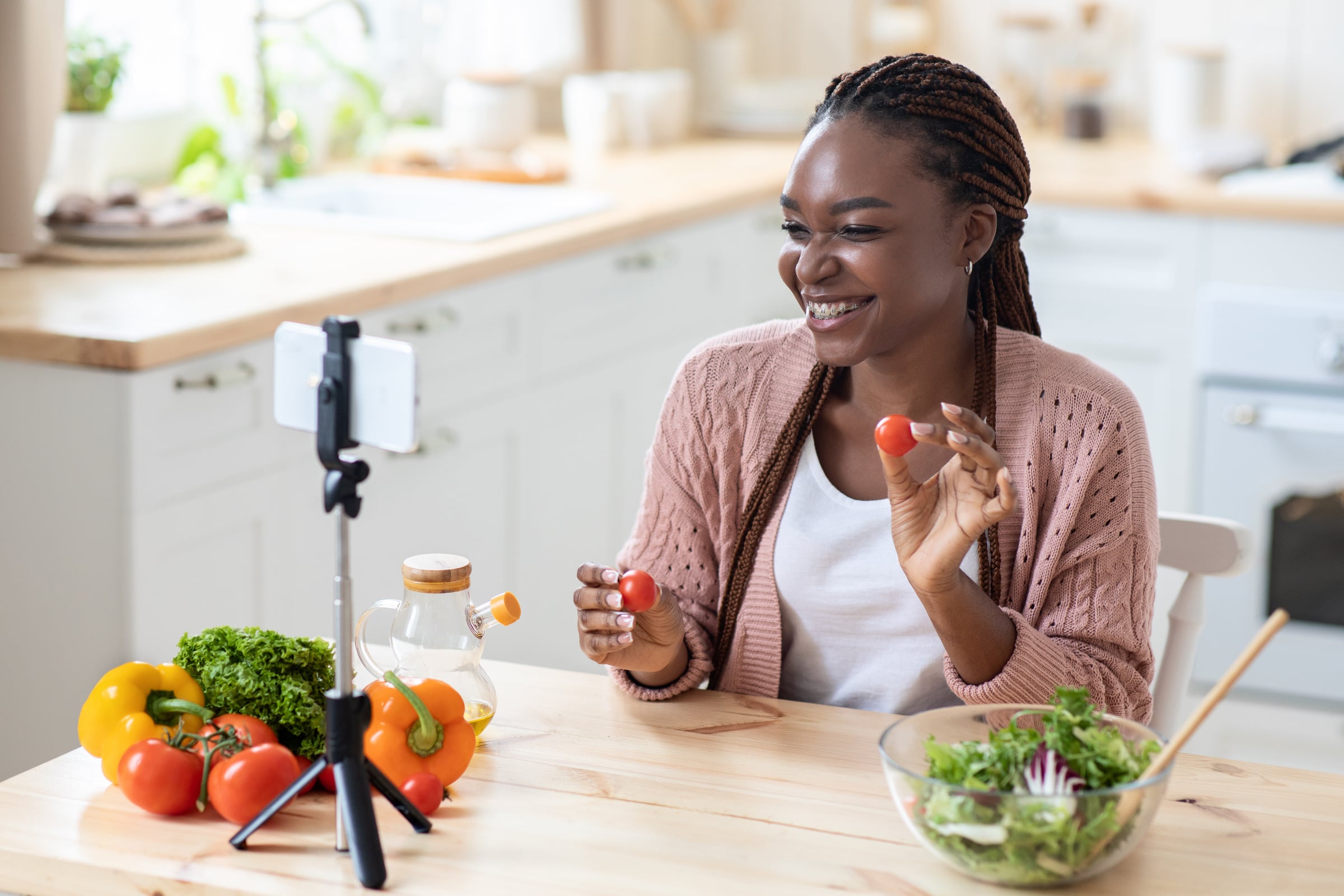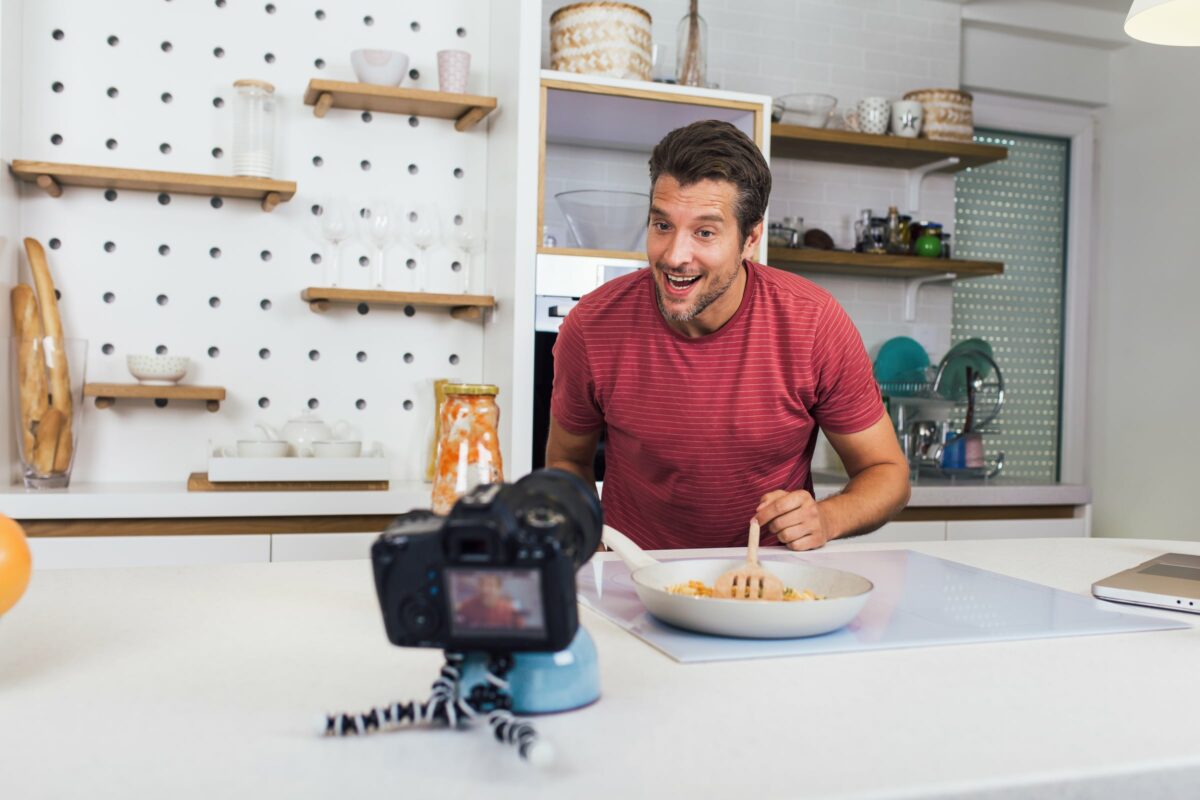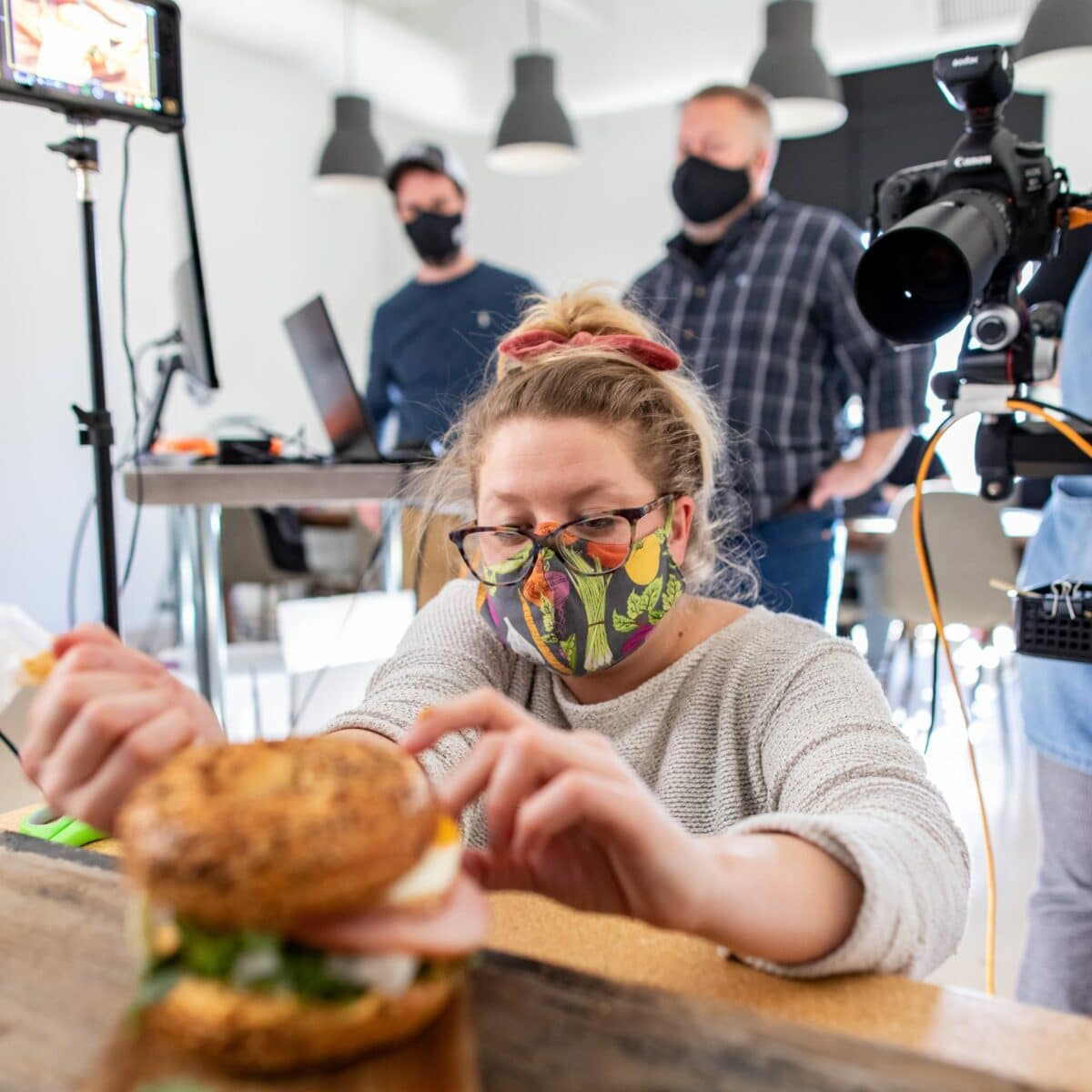
Influencers: We love their hustle, creativity and drive. Our influencer friends show us trends, define new styles and create communities. Over the past decade, they’ve bravely navigated the Wild West that is the social media landscape. They are the CEOs of their own brands — no easy feat — and we applaud that.
Here at Dish Works, we field a lot of questions from our clients about food content strategy and the pros and cons of influencer-created content. Our take is that while working with influencers can be a powerful tool, it should really just be one piece of your brand’s content and marketing strategies.
Let’s take a closer look:
Pro:
Working with influencers is attractive because of the engaged followers they’ve worked to build.
Con:
Influencer campaigns can be very expensive. They know the value of their work and their audience, and we shouldn’t expect their time and reach to come cheap. But we have spoken with a lot of marketing managers who have shelled out large portions of their budgets to influencers without seeing the conversions they’d hoped for.
Pro:
Influencers often have strong aesthetic identities and can create beautiful content.
Con:
Often, the contracts are structured so that brands don’t own the content and the influencer does. Influencers usually require brands to credit them every time their content is shared, or limit the usage of the content. So, even if an influencer takes an amazing photo that you’d love to use for a print campaign, this may not be possible. It can be frustrating for brands to not actually own the assets, and to have restrictions on this content.
There is also a loss of creative control. Understandably, the influencer is going to tailor their content to fit their own brand’s look and feel, and to appeal to their followers. Stylistically, this may not fit with your brand guidelines, or even with your brand’s ethics or values.

Pro:
Influencers’ endorsement of your brand can help spread awareness to new audiences.
Con:
Reaching new audiences is a baseline marketing goal, but from a content creation perspective, hiring influencers is not the only — or the best — way to create brand assets. And in fact, leaning too heavily on influencers for content creation can ultimately take authority away from your brand.
Brands need to be the authority on their products, and the most compelling way to do that is to have owned content, recipes and engaging assets on your page.
Think about your brand’s Instagram or TikTok page as a house, and your content as the furniture, food and decor inside it. If you were to invite others over to your house as it stands, is there enough in it to engage your visitors? Would there be anything to sit on? If recipe content were snacks, would there be anything for visitors to consume?
Spending the majority of your marketing budget on influencers is like paying them to throw parties at their houses. But will anyone pop over to your house if the vibe is sterile (no interior design or cozy corners)? Entertaining, inspiring and educational brand-owned content transforms your social channels into a welcoming home for your audience. Once you’ve got that established with consistent, quality owned content, then it is time to bring on an influencer to help you invite new people to the party.
When brands invest in influencers before investing in themselves, followers won’t want to follow the brand. Think about your own habits when you’re scrolling on Tiktok (we know you are). Do you follow pages with no content? Or do you just go back to the influencer’s page?
Pro:
Many influencers can help to endorse products they genuinely love and create content with integrity.
Con:
Only hosting influencer-made content on your brand’s social pages can erode consumer trust.
Put your consumer hat on for a second, and think back to the last thing you bought. Did you research it first? If so, did you feel more trust when the brand itself had the information about the product on their own platform or when a third party endorsed it as an #AD?
It’s a classic example, but it never gets old: Nestlé® Toll House still prints the recipe for the best chocolate chip cookie right on their chocolate chip bag. This earns trust with consumers that the brand knows its product so well it is the reigning authority on it. When brands give the keys to influencers (even with huge followings and engaging content), whether they realize it or not, they are making the influencer the authority.

The bottom line is that owned content is vital to the health and growth of your brand.
The Dish Works solution is our influencer-style content. It’s the best of both worlds: the look and feel of influencer content backed by your brand’s authority and in line with your brand guidelines.
Our ReelTok videos are casual, engaging vertical content meant to live on Instagram Stories, TikTok, YouTube Stories, Facebook Stories and Pinterest Video Pins. This format offers the on-trend styles of influencer content, but gives food brands ultimate creative control and more affordable content.
We do think that working with influencers is a valuable part of a marketing strategy, but should not compromise your entire budget. Owned content should always be your main focus, and we’ve got so many ways to develop stunning, attention-grabbing recipes, videos and images to make your brand pop. Want to keep this conversation going? Head here to work with the incredible culinary and production teams at Dish Works.